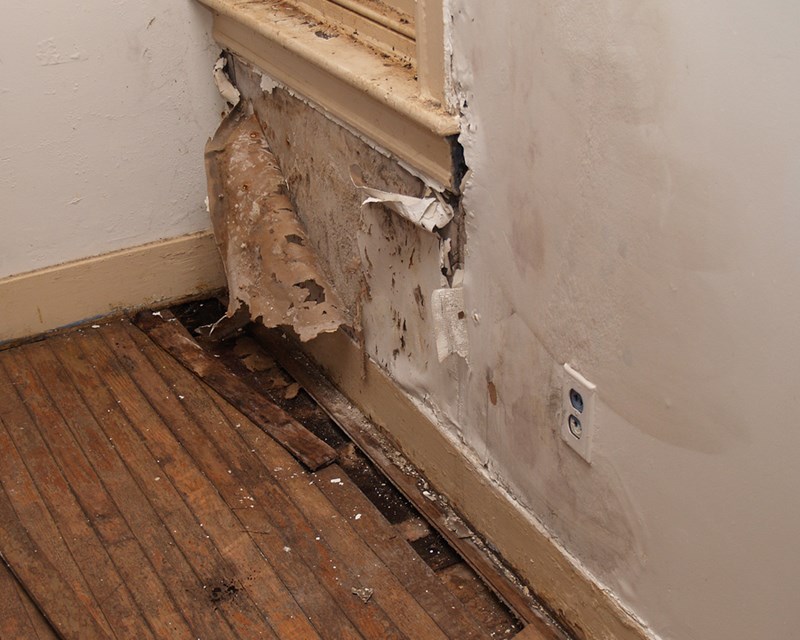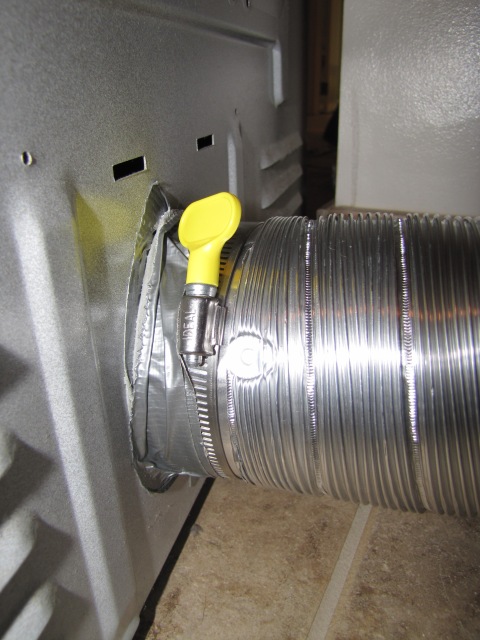We've noticed this post on Reasons for Water Heater Leaks below on the internet and felt it made good sense to share it with you on this page.

"Be cautious of little expenditures. A little leak will sink a terrific ship." - Benjamin Franklin.
He couldn't have been much more best because water leakages in our residences lead to a waste of resources, raising our water costs. This boost might appear negligible at initially, it can lead to significant expenditures that can break your financial institution. In addition to a boost in costs, water leaks additionally cause undesirable natural growth, architectural damages, and also even electric threats.
Figuring out if you have a water leakage isn't always easy because of being not able to see the majority of the pipework in your home. However, If you have had an increase in your water bills lately, noticed water stains on walls and ceilings, smelt lousy smell, and so on. You could want to take into consideration requesting plumbing solutions to get it checked out.
There are numerous sources of water leakages, as well as we have compiled the usual factors below. Check to see if you have actually had associated issues in your house just recently.
Clogged drains pipes
Food bits, dirt, as well as grease can create blocked drains pipes as well as block the flow of water in and out of your sink. Increased stress within the seamless gutters can cause an overflow and end up cracking or breaking pipelines if undealt with. To prevent stopped up drains in your home, we recommend you to avoid pouring fragments down the drain and normal cleansing of sinks.
High water pressure
You noticed your residence water pressure is higher than typical but after that, why should you care? It runs out your control.
It would be best if you cared since your ordinary water pressure must be 60 Psi (per square inch) and although your house's plumbing system is made to endure 80 Psi. A boost in water stress can place a strain on your house pipes as well as bring about fractures, or even worse, ruptured pipelines. If you ever before notice that your home water pressure is higher than typical, connect with a professional about regulating it.
Deterioration
As your pipework gets older, it obtains weaker as well as more prone to corrosion after the regular flow of water through them, which can eat away at pipelines and trigger splits. A noticeable sign of rust in your house plumbing system is discoloration and also although this could be hard to find as a result of most pipes hidden away. Once they are old to make certain an audio plumbing system, we suggest doing a constant checkup every few years and change pipelines
Damaged pipeline joints
Pipeline joints are the parts of our plumbing system where the pipes link. They are the weakest point of our plumbing system. Therefore, they are extra prone to damage. It is vital to keep in mind that although pipes are made to stand up to stress and last for some time, they weren't developed to last forever; consequently, they would wear away gradually. This wear and tear might cause splits in plumbing systems. A common indicator of harmed pipeline joints is extreme sound from faucets.
Busted seals
Another root cause of water leakages in homes is damaged seals of home appliances that utilize water, e.g., a dishwasher. When such appliances are set up, seals are set up around water adapters for simple passage of water with the maker. Therefore, a broken seal can cause leakage of water when being used.
With little or no expertise of plumbing, recognizing your house's plumbing system enough to fix several of these problems (without consequence) can be a hassle. Connect with plumbing professionals in Pittsburgh, Providence, Rochester, and also environ today, as well as they'll make those concerns vanish.
He could not have been extra best due to the fact that water leaks in our residences result in a waste of sources, increasing our water costs. If you have had an increase in your water expenses recently, discovered water stains on ceilings and wall surfaces, smelt poor smell, and so on. A boost in water stress can put a stress on your home pipes and also lead to cracks, or worse, burst pipelines. An additional cause of water leaks in houses is damaged seals of residence appliances that utilize water, e.g., a dish washer. When such appliances are installed, seals are set up around water ports for easy passage of water with the maker.
5 TIPS IN DETECTING A WATER LEAK IN YOUR HOUSE
Water leaks can be hard to find in your home, yet they can be so common. We rely on water every day in our home, which is why a leak can cause big problems. By detecting them early, you can save money and further damage, getting the problem fixed as soon as possible. Here are 5 tips to help you detect a water leak in your home, so you can contact a plumber straight away and get the issue sorted.
Check your water meter
Many people underestimate the value of the water meter in their home. It can be one of the best ways to tell if you have a leak early on, so you can get on top of it before issues start arising. Start by turning off all the water in your home: taps, washing machine, dishwasher, etc. Now take a look at the meter – if it’s still changing with everything turned off, it’s likely you have a fast-flowing leak that you need to get on top of straight away. If nothing changes, then leave your meter for an hour or two and come back to it. Did it change in this time? It’s likely you have a slower leak, which isn’t as urgent but still handy to get fixed so it doesn’t become a bigger problem.
Keep an eye on your bill
Another good way to detect a leak in your home is by keeping an eye on your water bill. It helps if you have a past bill from the same period of time. You can compare like for like and determine whether your water usage has increased significantly. If it has, there may be a leak in your system that you haven’t picked up before. A professional plumber can check through all of your pipes and determine where it is coming from.
Look for damage
If you have a leak inside your home, you will notice damage over time. Take a look at your showers and bathtubs and note whether any of the tiles surrounding the area seem to be discoloured or damaged in any way. There may be water stains, mould or peeling material that has resulted from a build up of moisture over time. Make sure you take a look under sinks at the back of cupboards that don’t get accessed regularly. This is where damage can go unnoticed and build up over periods of time.

As a serious reader about How to Find and Prevent Water Leaks in Your Home, I figured sharing that excerpt was necessary. Enjoyed our content? Please share it. Let other people discover it. We enjoy reading our article about Common Causes of Water Leaks in the Home.
Act, don't delay!